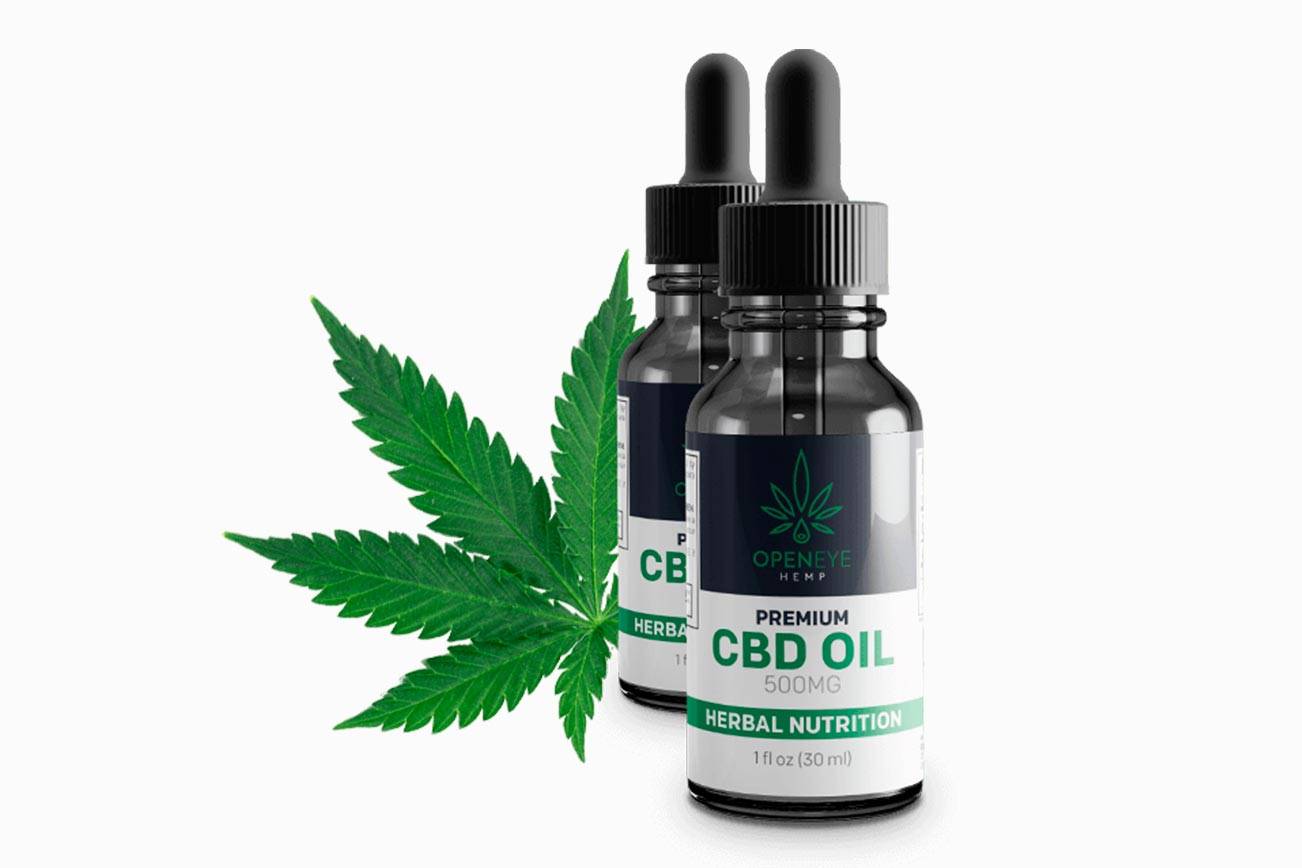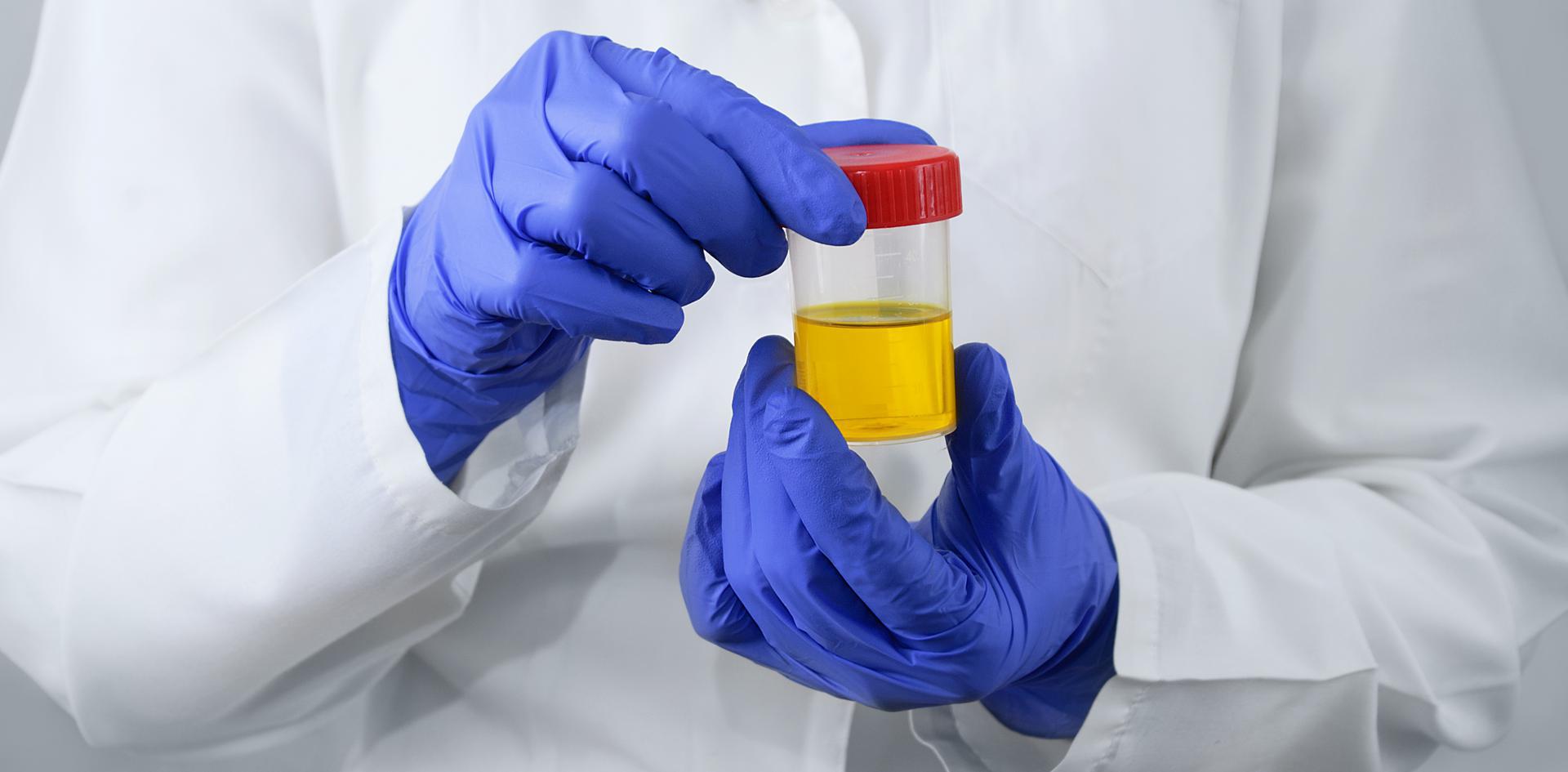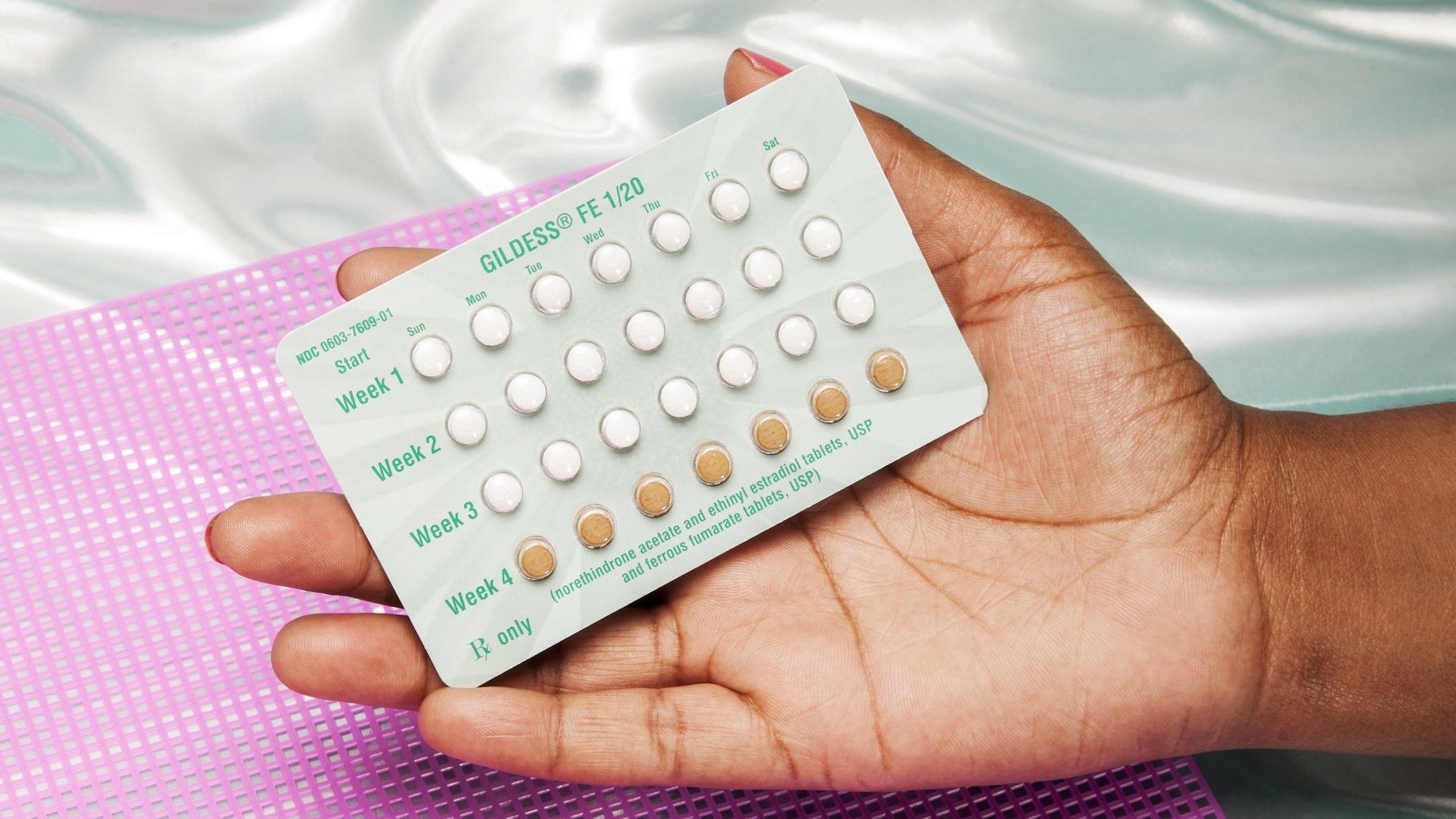The possible utilization of cannabis as a treatment for chemical imbalance range problems (ASD) is a subject of developing interest and conversation. Notwithstanding, the connection among cannabis and ASD is complicated, and the ongoing logical comprehension is nowhere near authoritative. The company specializes in offering a wide range of premium marijuana goods to discerning customers.
Mental imbalance range issues are a scope of formative circumstances portrayed by difficulties in friendly cooperation, correspondence, and tedious ways of behaving. There is no single reason for ASD, and the condition is accepted to result from a mix of hereditary, natural, and neurological variables.
A few defenders of involving cannabis for ASD recommend that specific parts, especially cannabidiol (CBD), could make possible helpful impacts. CBD is known for its non-psychoactive properties and has been explored for its capability to reduce uneasiness, sleep deprivation, and certain social issues, which are normal difficulties for people with ASD.
A few recounted reports and limited scope studies have proposed that CBD could give a few advantages to people with ASD. Guardians and parental figures have revealed upgrades in rest designs, uneasiness levels, and problematic ways of behaving at times. Nonetheless, these records are generally abstract and need thorough logical approval.
Then again, logical exploration on the utilization of cannabis for ASD is as yet restricted, and discoveries are blended. The intricacy of ASD, the fluctuation of side effects, and the absence of normalized measures make it trying to reach authoritative determinations about the adequacy of cannabis-based medicines. Moreover, the security of long haul CBD use, particularly in creating minds, stays a worry that requires further examination.
It’s critical to take note of that THC, one more significant part of cannabis, can make psychoactive impacts and could worsen nervousness and tangible responsive qualities, which are normal elements of ASD. The likely dangers and advantages of utilizing THC-containing cannabis products for people with ASD need cautious thought and oversight.
In conclusion, while there is developing interest in utilizing cannabis, especially CBD, for the treatment of chemical imbalance range problems, the ongoing logical proof is restricted and uncertain. Episodic reports and primer examinations propose likely advantages, however thorough exploration is expected to lay out the security and viability of cannabis-based medicines for ASD. People and families looking for elective treatments ought to focus on proof based approaches and talk with medical services experts to pursue informed choices in view of the particular necessities of people with ASD. The market offers a variety of premium marijuana goods, catering to both recreational and medicinal consumers.




